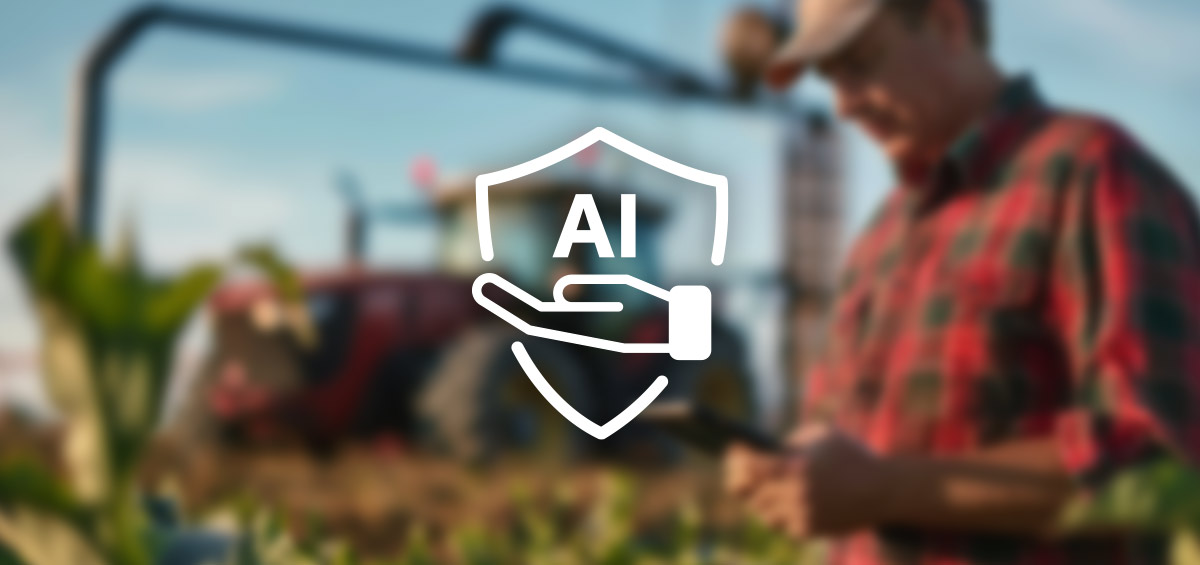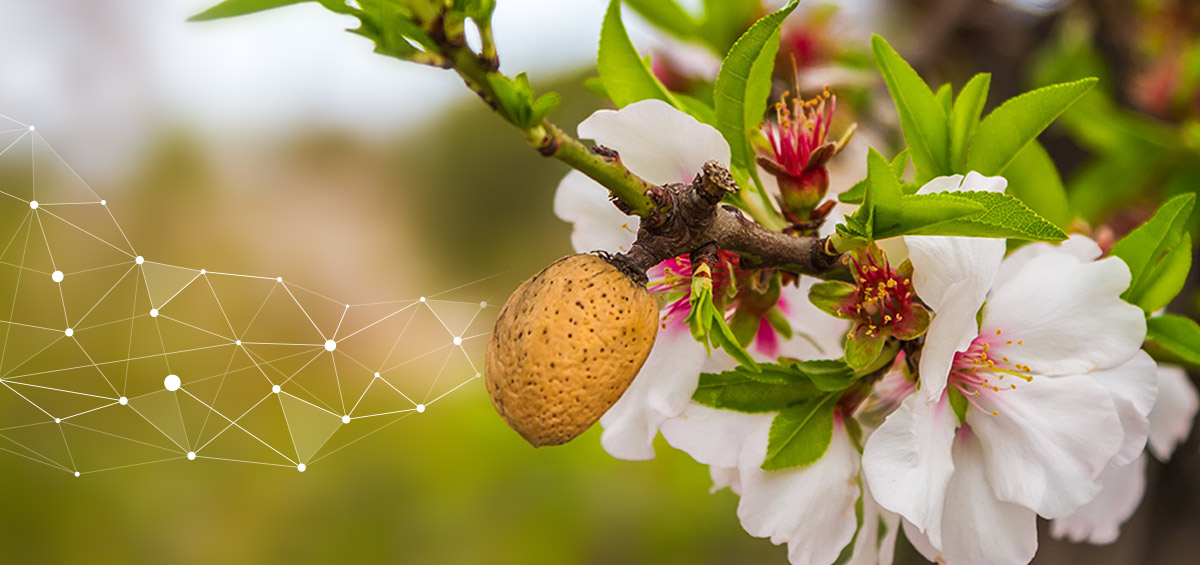Organic production currently accounts for only one percent of all global agricultural land, despite rapid growth in the last two decades. This is mainly due to critics who have long argued that organic agriculture is inefficient, requiring more land to yield the same amount of food.
Organic farming is critical to feeding ourselves, now and into the future. Not only can organic farming yield enough to feed a growing population, it also helps to protect and regenerate the ecological basis of food production. This includes the water and soil that provide us with nourishment, the pollinators that are responsible for one in three bites of food we eat and the ecosystems that sustain all life.
The answer on how to make sustainable farming feed the world may be organic farming which should be blended with other innovative farming systems, including agroforestry, integrated farming, conservation agriculture, and mixed crop with livestock farming.Organic farming can produce sufficient yields, be profitable for farmers, protect and improve the environment, and be safer for farm workers.
Compared to conventional farming, organic farming tends to store more soil carbon, have better soil quality and reduce soil erosion and pollution. It is more energy efficient because it doesn’t rely on synthetic fertilizers or pesticides. Organic farming, therefore, represents an untapped resource for feeding the world’s population and also corresponds to the goals of sustainability including: productivity, economics, the environment and social well-being.
With organic farming, environmental costs tend to be lower while the benefits are higher. It creates less soil and water pollution, lower greenhouse gas emissions and is associated with a greater biodiversity of plants, animals, insects and microbes as well as genetic diversity.
Despite lower yields, organic farming is more profitable for farmers because consumers are willing to pay more to eat organically grown food. Organic farming also provides more jobs for workers and reducea farm workers exposure to pesticides and other chemicals due to certification programs which protect the safety of both employees and animals.
Conventional farming compared to organic farming – organic system better balances the four areas of sustainability
Every farm production type can be improved. Therefore, all farmers should enhance their farming with various modern techniques which are available today. One of them is the AGRIVI farm management system, which helps farmers in the daily activities that they perform on their farms. From tillage to harvest, the AGRIVI system guides farmers throughout the entire vegetation season. It allows them to record work hours of people and machinery and quantities of farm materials used, such as chemicals, organic materials, and fuel. According to those inputs, the AGRIVI farm management system gives them powerful analytics of farm performance.
AGRIVI also helps farmers to deal with complex organic farming regulations and reports. With over 20 different reports on all farm activities, AGRIVI enables farmers to print out everything they enter into the system. This includes spent amounts of organic pesticides and fertilizers per fields and crops, their finances, farm productivity and other information.
With only 1% of global agricultural land in organic farming, organic agriculture can contribute a larger share to feeding the world. However, significant barriers to farmers adopting organic agriculture hinder its expansion. Such hurdles include existing policies, the costs of transitioning to organic certification, lack of access to labor and markets, and the lack of appropriate infrastructure for storing and transporting food.
Text sources: Eco Watch || Science Daily || Union of Concerned Scientists
Image source: Science Daily





